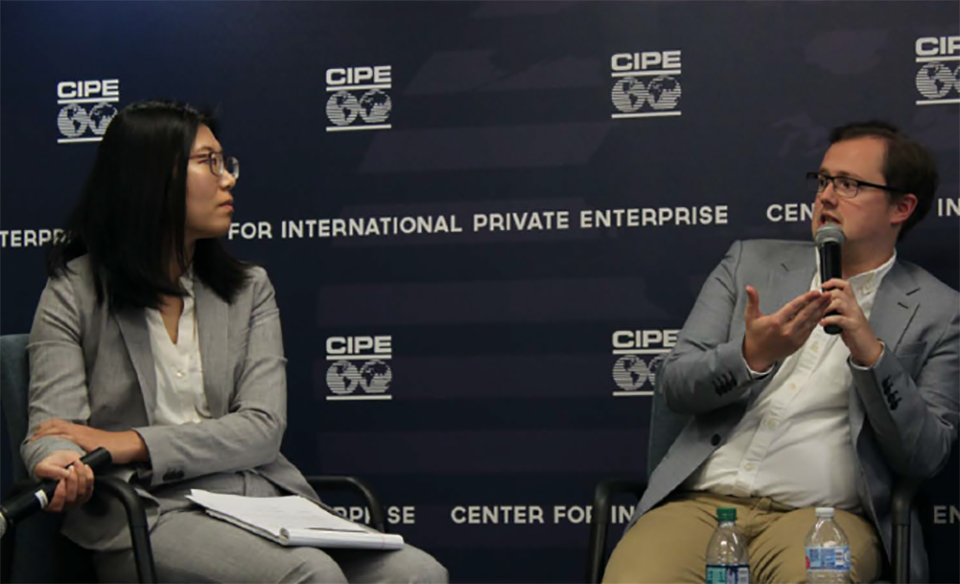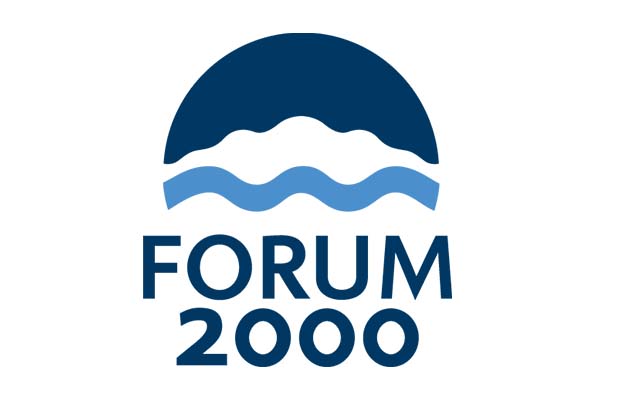
26th Forum 2000 Conference
Join CIPE experts and colleagues at the 26th Forum 2000 Conference August 31-September 2, 2022 in Prague & Online!
Corrosive Capital: Lessons and Answers in Latin America
On April 22, CIPE’s field office in Bogotá, Colombia hosted an in-person panel to discuss lessons and responses to corrosive capital around the region. The panel featured partners from Argentina, Chile and Ecuador as well as CIPE’s Director of the Center for Accountable Investment, Eric Hontz, and Deputy Director of Asia, Catherine Tai, in a conversation moderated by Sergio Guzman of Colombia Risk Analysis. The panelists discussed their work and experience on corrosive and constructive capital issues, trends in investment in Latin America and globally, and their insights and recommendations for how to increase transparency and accountability in capital flows. The panel is available to watch in both English and Spanish.
Launch of the Framework for Constructive Capital
The Center for International Private Enterprise (CIPE) and the Oxford Analytica Foundation (OAF) launched A Framework for Constructive Capital: Investment, Integrity, Impact, a new resource that addresses how countries can develop effective policy frameworks to foster Constructive Capital flows. Constructive Capital refers to financial flows that are well governed at the funding source and destination and respond to market opportunity.
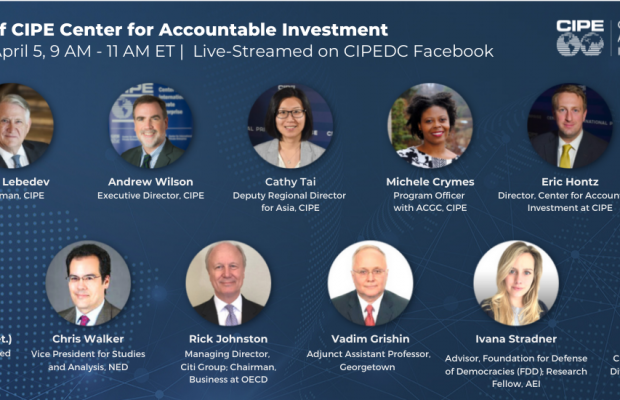
Launch of CIPE Center for Accountable Investment
The Center for International Private Enterprise (CIPE) launched its new Center for Accountable Investment (CAI), on April 5, 2022, at the National Press Club. The launch event convened leading stakeholders and experts from major Washington think tanks, international development NGOs, and the private sector to explore the role accountable investment plays in countering authoritarian influence in democracies and markets.
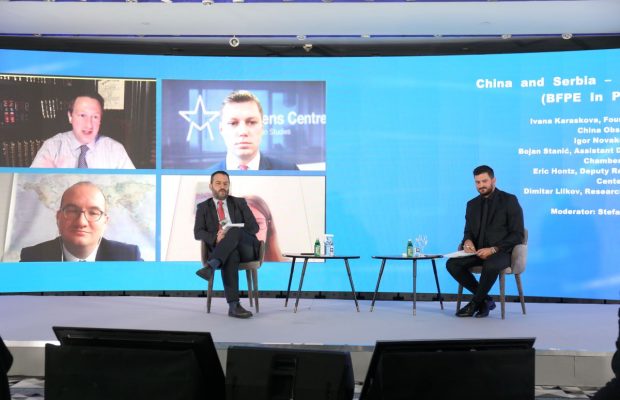
Chinese Investments Can Be Constructive If Domestic Actors Are Responsible Enough
At the beginning of the Panel, Mr. Eric Hontz, Deputy Regional Director, Europe and Euroasia made a difference between corrosive and constructing capital, highlighting that there are no inherently bad investment, but that the domestic agents are the ones responsible to prevent potentially harmful influences through implementation of national normative frameworks.
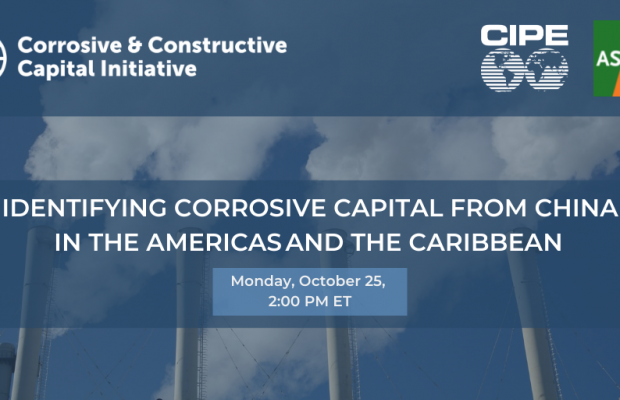
Identifying Corrosive Capital from China in the Americas and the Caribbean
China’s economic and political influence in Latin America is steadily increasing. To discuss this, the premier organizations working with the private sector and local governments in Latin America and the Caribbean, CIPE and AS/COA, were pleased to host an event focusing on the impact of Chinese corrosive capital on host communities.
